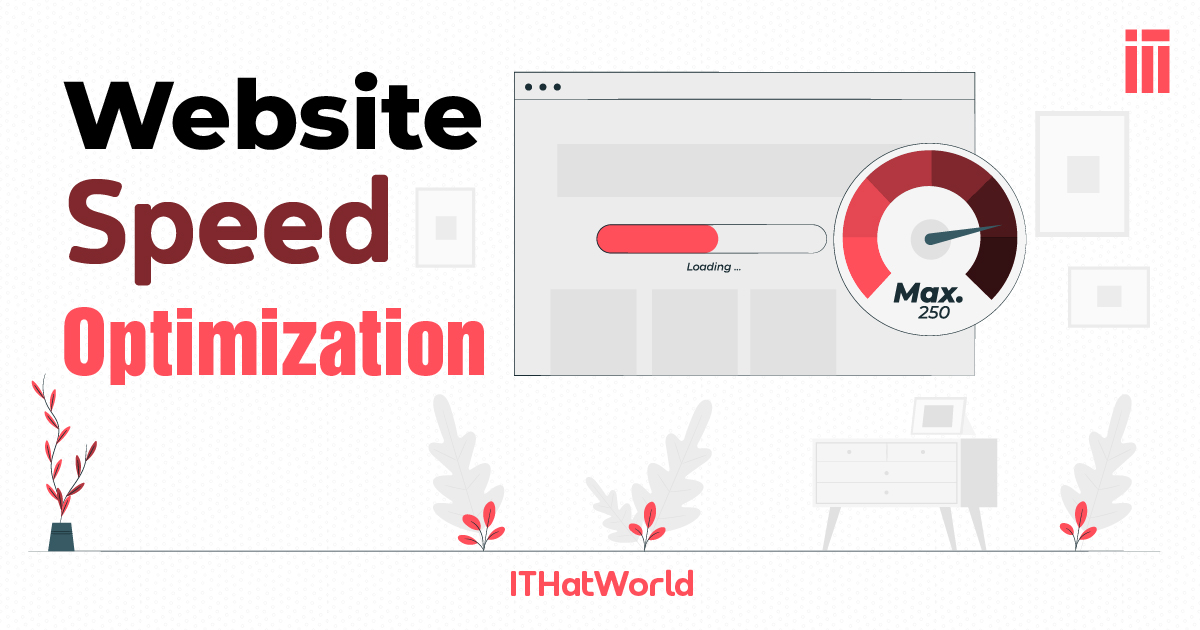Website Speed Optimization for lightning-fast load time
Seller:
Feedback:
0
0
0
Rating: (0)
Member Since:
Mar 14th, 2024
Website Speed Optimization for lightning-fast load times
Website loading times are a thin line between success and failure in today's fast-paced digital environment. With users' attention spans shorter than ever and Google's ever-evolving algorithms prioritizing user experience, optimizing your website's speed is not just beneficial; it's crucial. This emphasis on speed optimization directly impacts search engine rankings, user satisfaction, and conversion rates.
Importance of Website Speed Optimization
Browser Caching: Leveraging browser caching means storing parts of your site in users' browsers so that subsequent visits are loaded much faster. This reduces the load on your servers and significantly speeds up the user experience.
Optimize Images: High-quality images consume significant bandwidth, slowing down your site. Optimizing images by compressing them and using the correct formats ensures that your site remains visually appealing without compromising speed.
Minimize HTTP Requests: Each piece of your webpage requires a different HTTP request to load, including scripts, images, and CSS files. By reducing the number of elements on your page, you can minimize these requests, leading to a quicker loading time.
Content Delivery Network (CDN): A CDN stores copies of your site on multiple servers worldwide, allowing users to connect to a geographically closer server. This significantly decreases loading times.
Enable Compression: Compressing your website's resources can drastically reduce their size, thus reducing the time it takes to be sent over the internet and loaded by the browser.
Optimize CSS and JavaScript: Optimizing and minimizing the size of CSS and JavaScript files can speed up the browser's parsing process, making your website load faster.
Improve Server Response Time: Your server's time to respond to a browser request can significantly impact your site's speed. Improving server response time involves fixing bottlenecks such as slow routing, slow database queries, or lack of adequate memory.
Utilize Asynchronous Loading: Asynchronous loading of CSS and JavaScript files allows a webpage to continue loading other elements. At the same time, a script is being downloaded, significantly improving load times.
Implementing these strategies can ensure that your website provides a seamless and fast experience for all users, thereby improving engagement, retention, and conversions.
As we wrap up, remember that optimizing your website's speed is an ongoing journey, with technology and best practices constantly evolving. If you're encountering obstacles or seeking expert assistance to enhance your site's performance, www.ITHatWorld.com is here to help. Contact us to learn how we can keep your digital presence swift and competitive.



